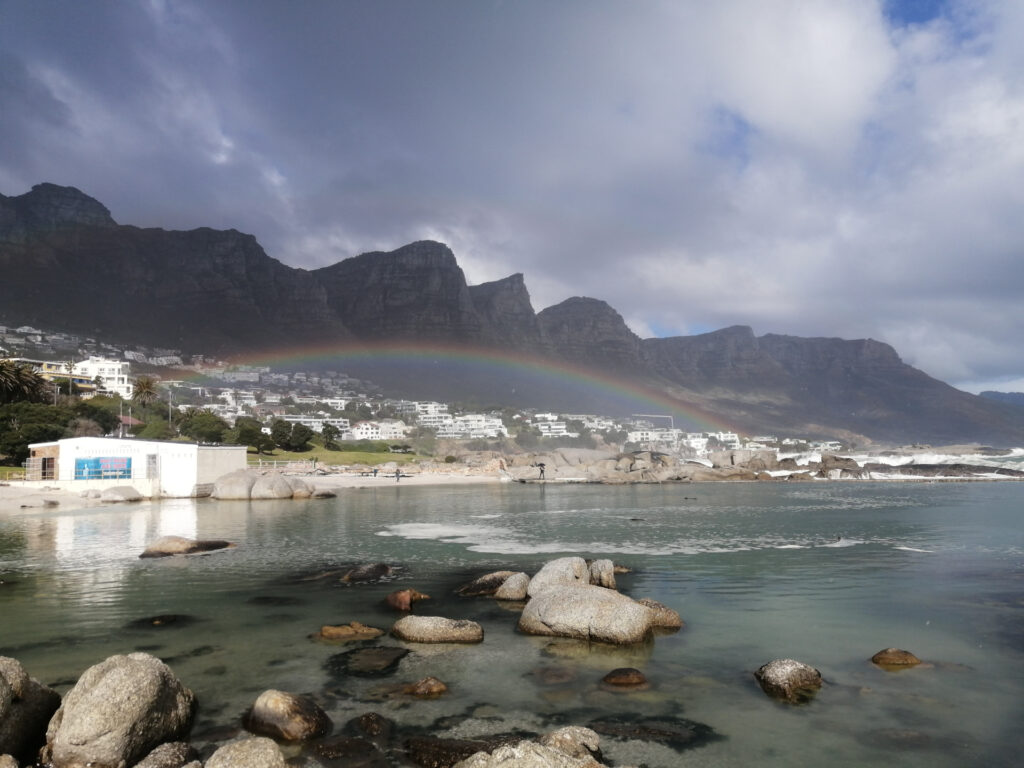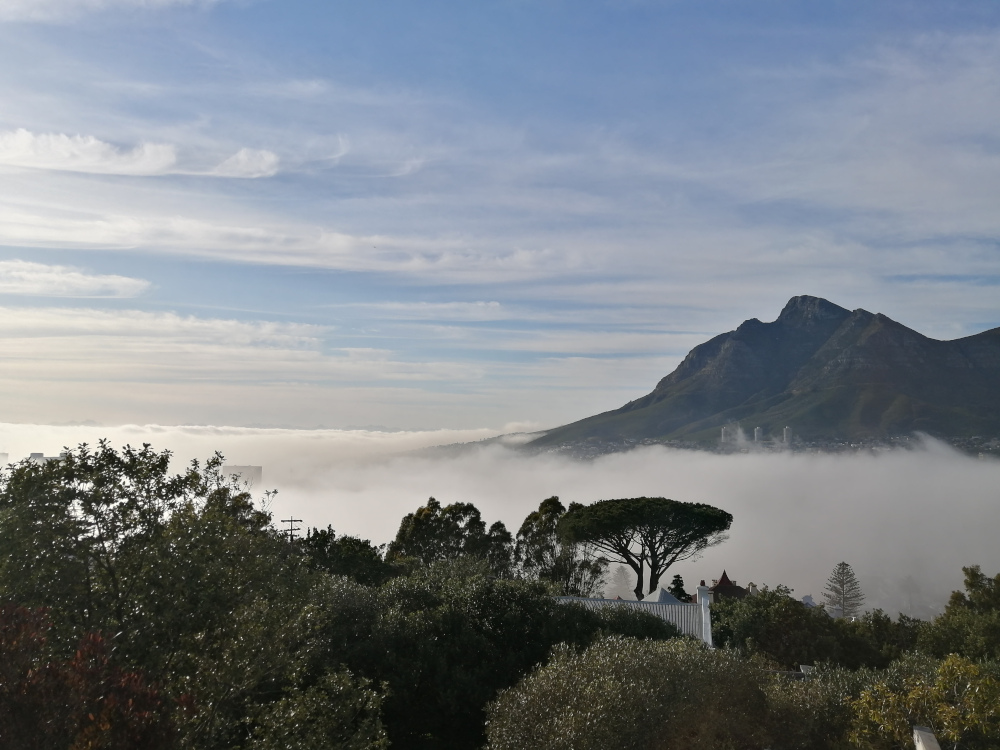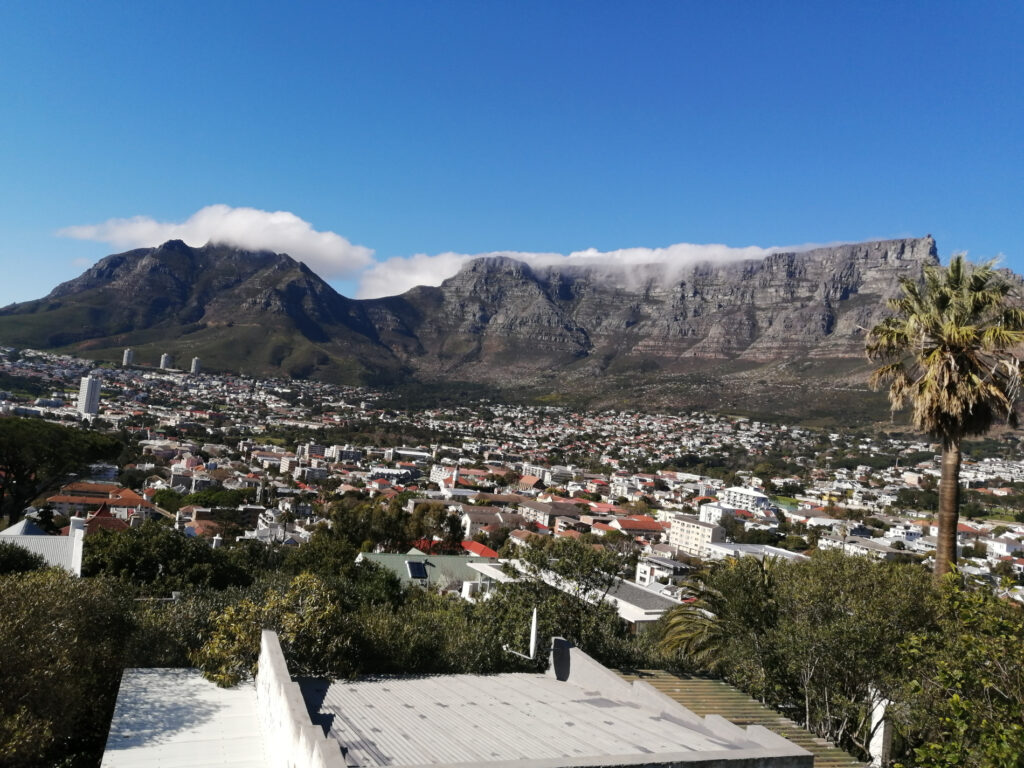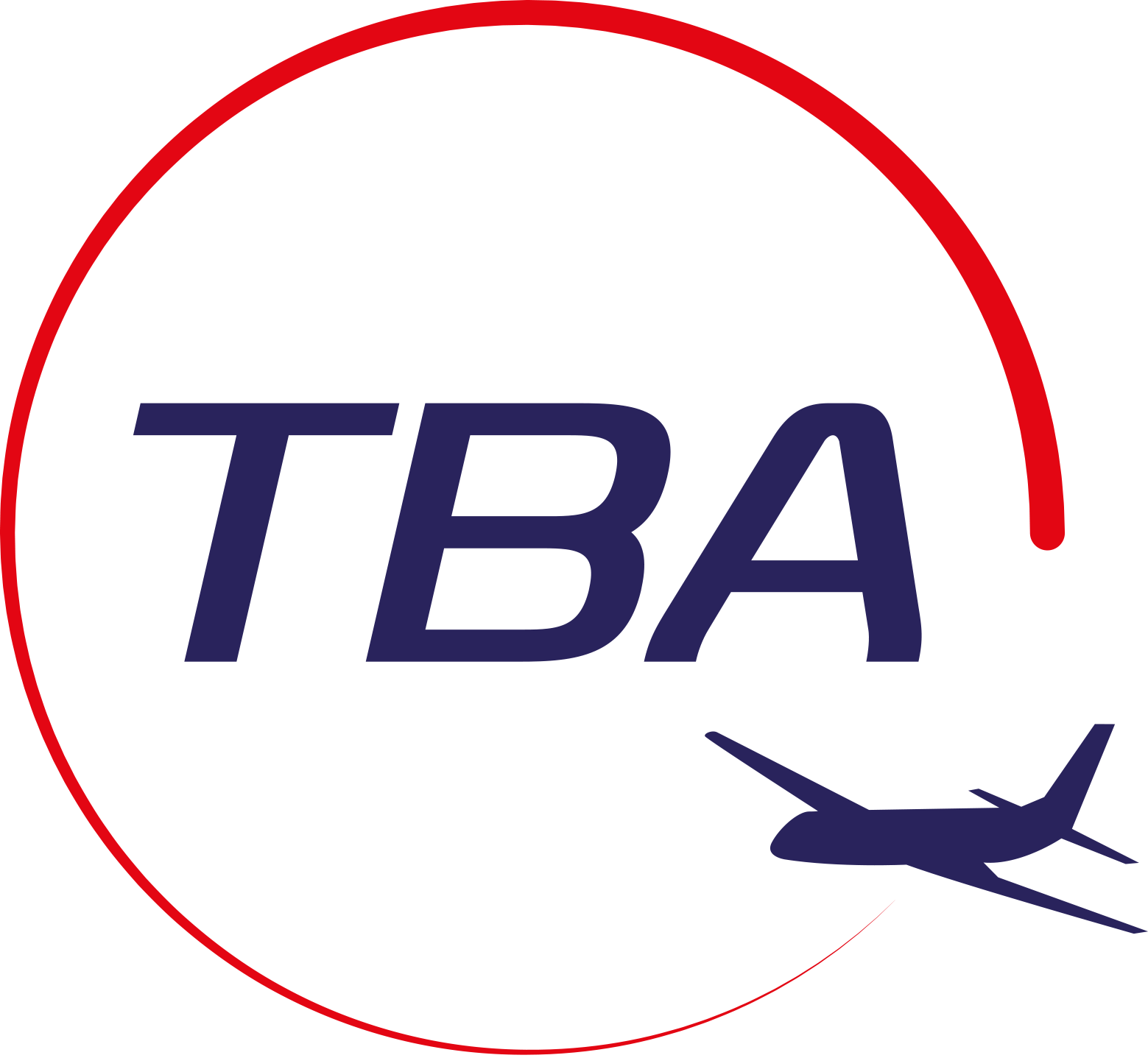
Research and knowledge are the first steps for Cape Town and South Africa Business Assistance. Here is a fact file for Cape Town and South Africa to get you started. Contact us if you are looking to start a business in or expand your market to Cape Town and South Africa. We have consultants ready to help you on the ground in Cape Town and South Africa.
Simplify your international business trips with Travel Business Assistance – Reserve your free consultation call now.
Time Line
- 1488: Portuguese explorer Bartolomeu Dias becomes the first European to visit the area, naming it Cabo das Tormentas; The Cape of Storms. It was later renamed by King John II of Portugal to Cabo da Boa Esperança the Cape of Good Hope
- 1497: Vasco De Gama records a sighting of the Cape of Good Hope as he becomes the first European to sail to the Indian Ocean by way of Africa
- 1510: Portuguese nobleman Dom Francisco de Almeida dies in the Battle of Salt River against the Khoekhoen clan ǃUriǁʼaekua (“Goringhaiqua” in Dutch approximate spelling) who made use of special cattle in battle.
- 1652: Jan van Riebeeck and other members of the Dutch East India Company were sent to the region to establish a waystation for all ships traveling to the Dutch East Indies, and the Fort de Goede Hoop (later renamed the Fort of Good Hope). Due to labour shortages slaves were imported from Madagascar and Indonesia, the descendants of whom make up the Cape Coloured Community
- 1795: British capture and claim control of Cape Town from the Dutch
- 1803: Cape Town is returned to the Dutch by treaty
- 1806: Following the Battle of Blaauwberg British forces once again occupy Cape Town
- 1814: The Anglo-Dutch Treaty of 1814 permanently ceded control of the Cape Colony to the United Kingdom making it the capital of the newly formed Cape Colony
- 1854: Calls for greater independence of the Cape Colony lead to the creation of its own Parliament
- 1859: The first railway line was built by the Cape Government Railways
- 1867: The discovery of gold and diamonds in the interior of the nation leads to a massive influx of immigrants into the Cape Colony
- 1872: A locally accountable Prime Minister is established in the Cape Colony to further the goal of autonomy
- 1895: The city established the first Power Plant, the Graaff Electric Lighting Works
- 1901: The British Victory in the Anglo-Boer war within the interior ended Cape Towns political and economic dominance in favor of Cape Town and Pretoria
- 1910: Britain establishes the Union of South Africa uniting the Cape Colony with the two former Boer States in the interior. Cape Town is established as the legislative capital of the nation
- 1948: The National Party comes to power establishing the system of Apartheid and ending Cape Town’s long history of racial diversity. Cape Town was declared a “Coloured labor preference area” to the exclusion of “Bantus” (Black Africans)
- 1963: Nelson Mandela is Convicted of Treason in the Rivonia Trial one year earlier and sentenced to life in prison on the political prison Robben Island off the coast of Cape Town
- 1965: Cape Town’s district six is declared all white, all housing was demolished and 60,000 residents were forcibly removed, the most notable of a common policy throughout Cape Town at the time. Many residents were relocated to the Cape Flats
- 1976: Students in the Townships of Langa, Nyanga, and Gughulethu respond to nationwide protests against the Bantu Education system leading to organized marches and clashes with the police. Several schools were burned down in this period
- 1990: Nelson Mandela is released from prison and gives a speech at the Cape Town City Hall signalling the government’s commitment to ending the system of apartheid and ushering in an inclusive democracy
- 1994: The nation’s first democratic elections are held with the African National Congress winning the majority and Nelson Mandela being elected President

Quick Facts
Climate:
Cape Town has a warm Mediterranean climate with mild moderately wet conditions from late May to early September and dry warm conditions from October to April. Winter temperatures range from a high of 18°C to a low of 8.5°C with a total annual rainfall of 515 mm; though in the Southern Suburbs region closer to Table Mountain this average increases to 1000mm. Summer temperatures range from a high of 16°C to a low of 16°C. The region can become uncomfortably warm when the Berg Wind, a mountain wind, blows in from the Karoo region. Summer usually features a strong South Eastern wind colloquially referred to as the Cape Doctor, referred to as such because it blows pollution off the mainland. Water temperature ranges greatly from 10°C near the Atlantic Seaboard to 22°C near False Bay. This great degree of variation can be attributed to Cape Town’s Unique position at the intersection of the Atlantic and Indian Oceans.
Time Zone:
GMT
Official Languages:
South Africa has 11 official languages with English, Afrikaans, and isiXhosa being the most common in the region.
Land Area:
2446 km²
Religion:
- 82% Christian
- 8% Muslim
- 3.8% Traditional African Religions
- 3.8% nothing in particular
Population:
4.618 million (2020)
Government:
A Municipal Council with 231 members, the majority held by the Democratic Alliance (DA).
Currency:
South African Rand (ZAR) about R14.65 to $1 https://www.xe.com/currencyconverter/convert/?Amount=1&From=USD&To=ZAR
Things to do in Cape Town
Southern Peninsula:
- Hiking along Table Mountain
- Tour of Robben Island, the former leper colony and political prison during the Apartheid era
- Visit the Victoria & Alfred Waterfront
- Take a city tour by bus or by boat
- Helicopter tour of the region
- Visit Bookaap, a former Muslim slave community with houses regularly painted bright colors at the end of Ramadan
- Visit the Castle of Good Hope, the former stronghold of the original Cape Settlement
- Visit the Iziko South African Museum and Iziko South African National Gallery, a celebration of
- South African art and history located in the City Bowl
- Visit the Iziko Slave Lodge Museum, a reminder of the Cape’s long history of slavery particularly of the Coloured community, located within the city bowl
- Visit the Zeitz Museum of Contemporary Art in Africa
- Visit some iconic beaches, popular beaches include Clifton Beach, Muizenberg, and False Bay
- Visit Cape Point, the convergence of the Indian and Atlantic Oceans
- Visit some wine farms within the Stellenbosch region
- Hike Jonkershoek Nature Reserve
- Pick strawberries at Polkadraai Farm
What to expect
Visitors can expect a warm and friendly experience with hospitality being a high ideal in the continent’s southernmost region. English is widely spoken and communication and businesses act according to western standards. Scenic views, iconic landmarks, a rich history, and a cosmopolitan make-up make Cape Town not only a great place to visit but also an amazing place to start a business.
Ease of doing Business Index Scores
Overall Score: 67 (2020)
Starting a business: 81 (2020)
Trading across borders: 60 (2020)
Enforcing contracts: 57 (2020)
Law system: a hybrid of Roman-Dutch civilian law, English common law, customary law, and religious personal law
Procedure for opening a business:
Apply for either a business visa or an Independent Financial permit
Criteria | Business Visa | Independent Financial permit |
Minimum investment | R 5 million | None |
Required Net Worth | None | R 12 million |
Number of businesses applicant can set up | 1 | No set maximum or minimum |
Employee Obligations | 60% South African | No obligations |
Business Plan | Must be submitted with the application | Not required |
Business Structure | Must be submitted with the application | Not required |
Ongoing Requirements | Proof submitted to the Department at various intervals | Not required |
Temporary Residency | Yes | No |
Permanent Residency | Can be applied for upon successful application | Yes |
Repercussions of business failure | This could result in the visa or permit being at risk as well as status in South Africa | None other than holders own financial loss |
Processing time | For temporary residency up to 6 months DHA permitting. For permanent currently approx 12 to 24 months | Approx 9 months |
Fees | R 1550 payable to the Department of Home Affairs | An additional ZAR 120,000 success fee payable to the Department of Home Affairs |
Business Incentives
The Foreign Investment Grant provides up to 15 % of the value of new machinery per entity for relocation to South Africa.
Industrial Development Zones provide duty-free import of production-related materials and zero VAT on materials sourced from South Africa.
The Skills Support Programme provides up to 50% of training costs and 30% of worker salaries for a maximum of three years. This encourages the development of advanced skills in the region.
The Strategic Investment Project Programme offers a tax allowance of up to 100% (maximum of USD 86 million per project) on the cost of buildings, plant and machinery (for strategic investments of at least USD 70 million).
The Critical Infrastructure Facility supplements funds up to 30% of the development costs of qualifying infrastructure projects.
The Business Process Outsourcing & Off-Shoring (BPO&O) incentives are for companies offering services to offshore clients (between USD 5400-8800 and training support).
Incentives are in place for industrial projects using unused and new manufacturing assets (for example, green field investments) and expansions of existing industrial projects i.e. 12 % tax incentive.
Sector Specific Assistance Scheme (SSAS) provides financial support for industry associations, joint action groups and export councils.
The Film and Television Production Rebate Scheme provides a rebate of 15% for foreign productions and 25% for South African productions.
The Automotive Production and Development Program (APDP) scheme promotes the automobile industry (20% of the value of investment in productive assets).

Atlantis Special Economic Zone
The establishment of this green technologies hub in the Western Cape includes activities such as alternative waste management, energy-efficient technology, alternative building materials, and many other clean technologies. As a critical economic policy instrument for promoting future-forward industrialization, the SEZ has to date over 30 foreign and local companies that have taken up the incentives to operate and develop here. This has led to over R500 million in new industry developments in the Atlantis SEZ already. Incentives in the zone include:
- Preferential 15% Corporate Tax and Tax Relief.
- Building allowance and Tax Relief.
- Employment Tax Incentives.
- Customs Controlled Area Tax Relief.
Health
Besides Covid-19 no vaccine is required before travelling to South Africa. Though, if travelling from a country where yellow fever is prevalent proof of immunization is required. Additionally, malaria is prevalent in certain areas of the country, if you intend to go on Safari it is recommended to bring malaria in case, though it will be possible to get in the country should you be unfortunate enough to contract it.
Cape Town and South Africa Travel Business Assistance
Are you planning to move your business to South Africa or open up South Africa as a new market? Perhaps there is a conference in South Africa you need to attend and you need some help. We are here for your Cape Town and South Africa Travel Business Assistance.
